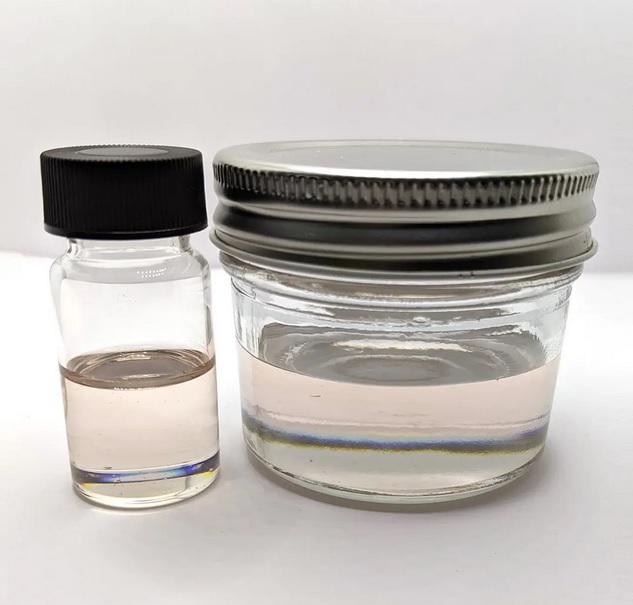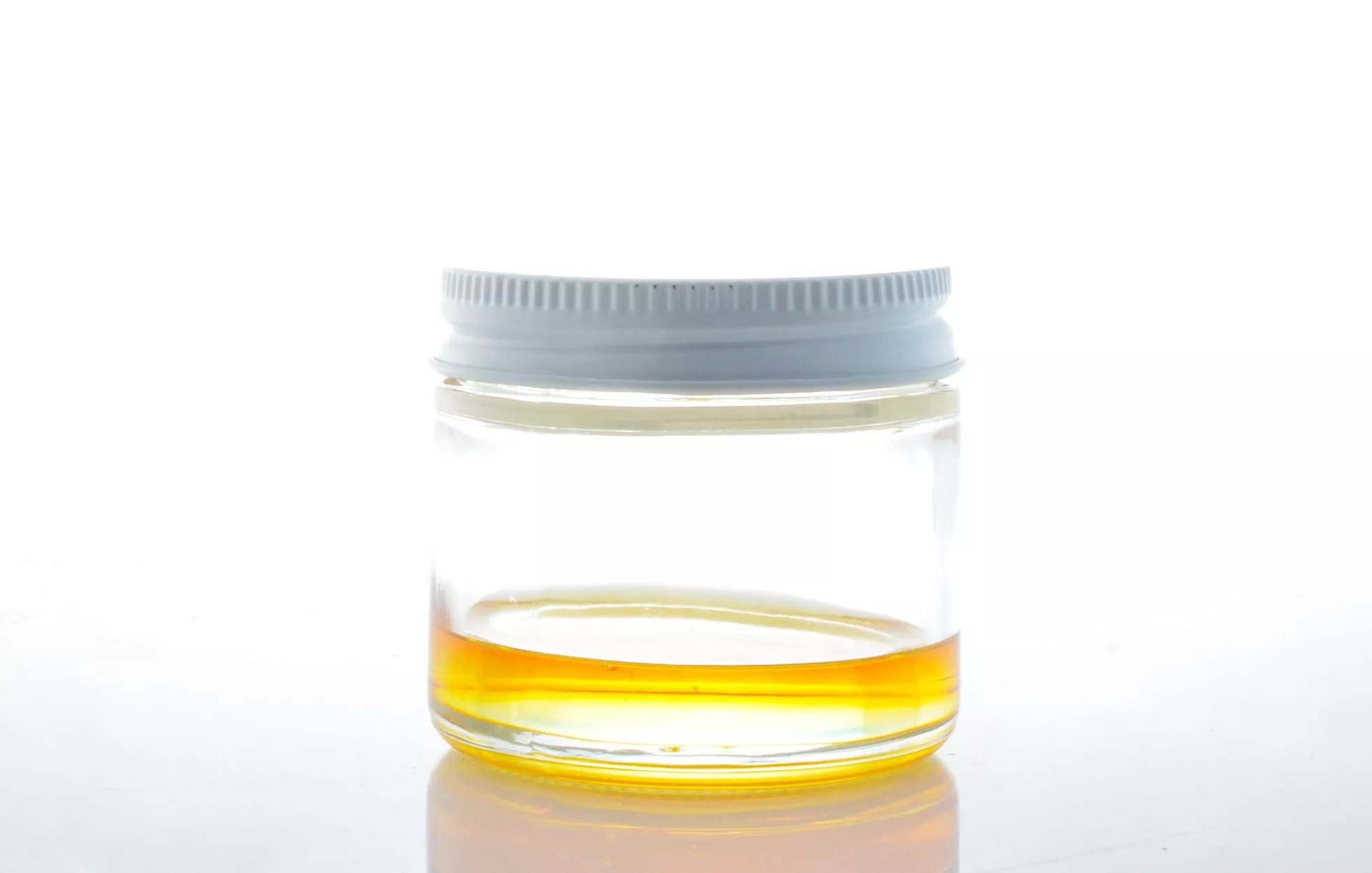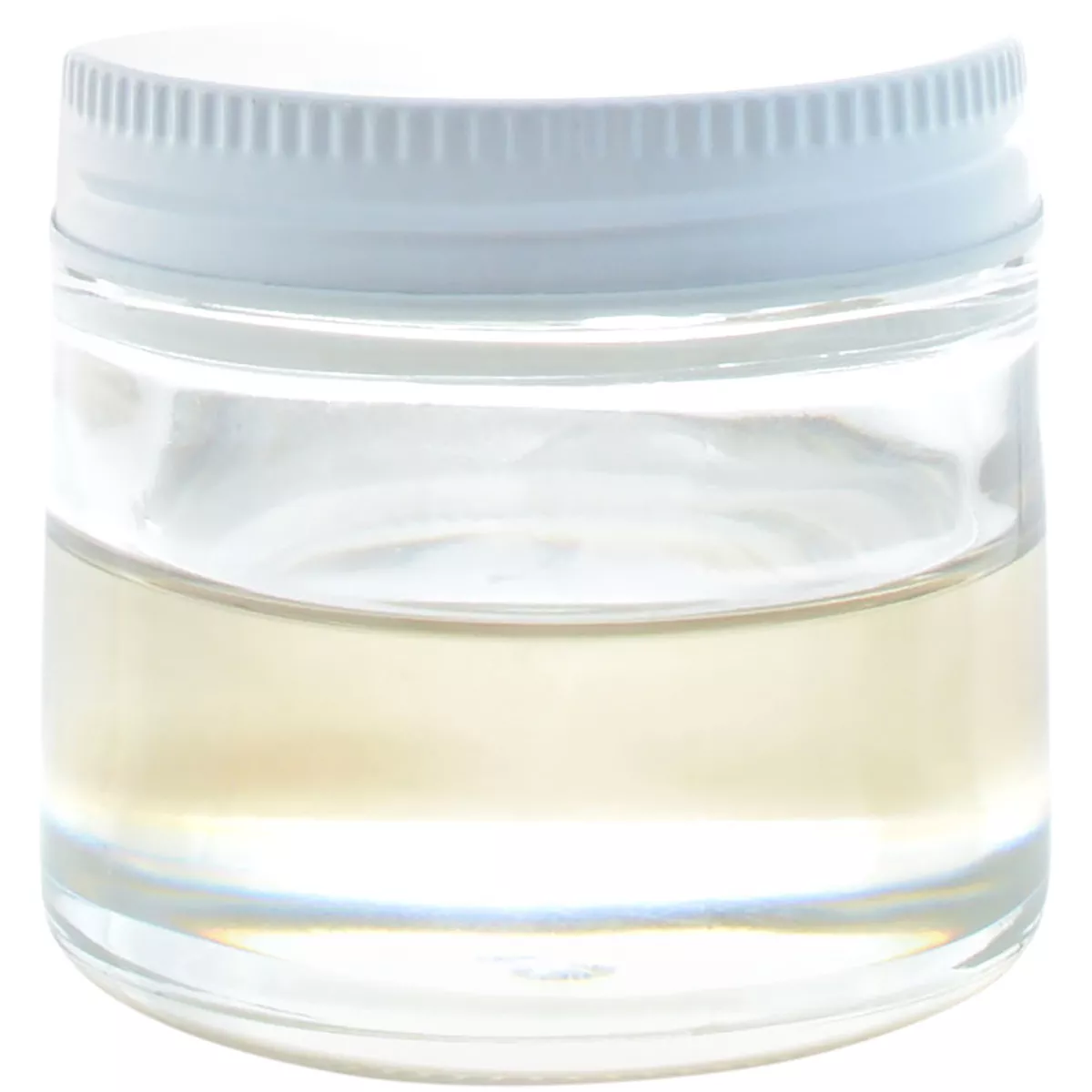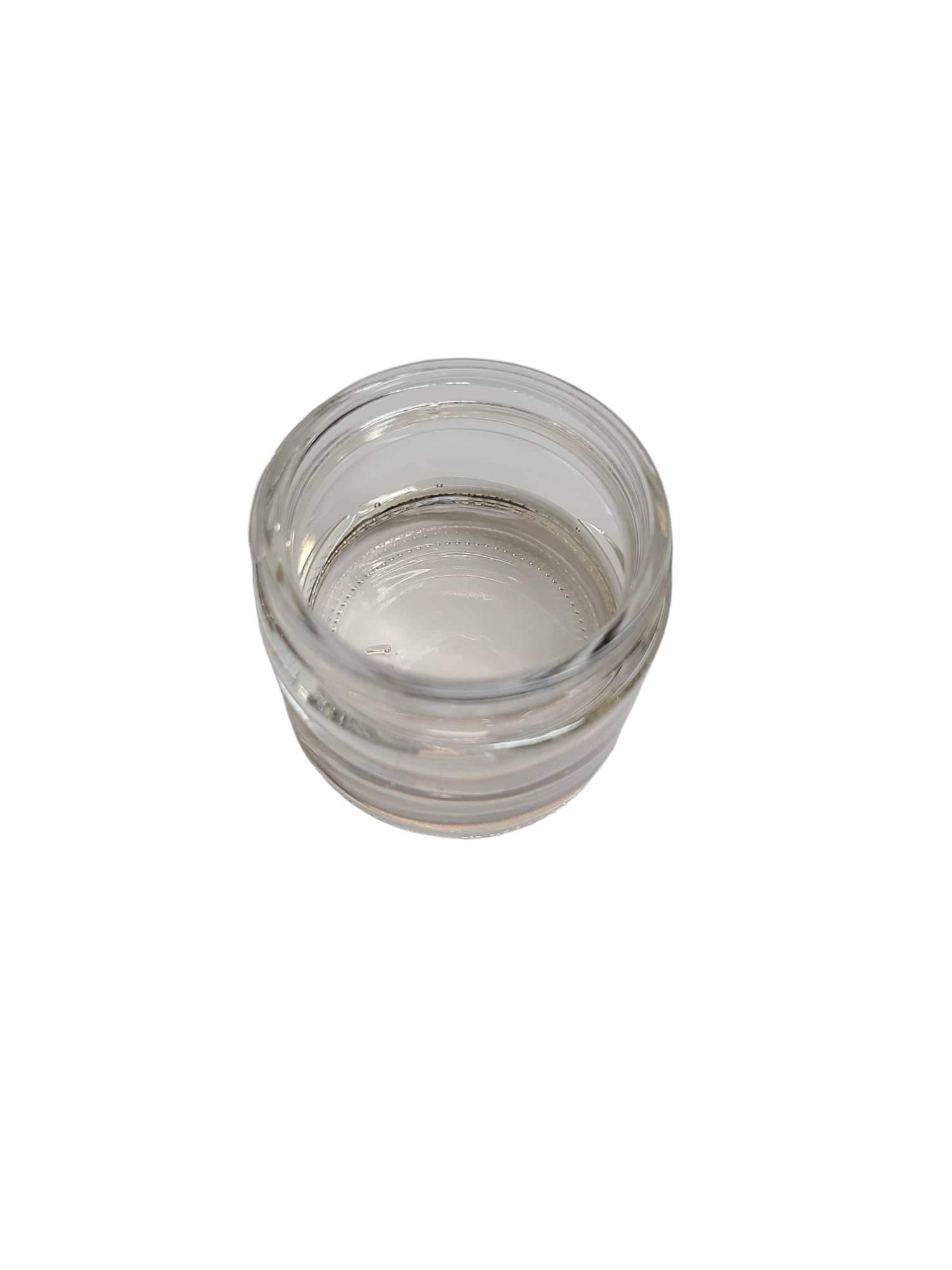Cannabis topicals, like creams and balms, are becoming popular for their therapeutic benefits. But there’s often confusion about their key ingredients: Delta 8 and Delta 9 THC.
In this article, you’ll get a clear understanding of these two components. Delta 8 and Delta 9 THC might sound similar, but they have distinct properties and impacts. Knowing their differences is crucial for choosing the right product for your needs.
So, let’s dive in and explore the world of cannabis topicals. You’ll learn about each type of THC and how they can benefit you. This knowledge will empower you to make informed decisions about using these products. Let’s get started!
What are Cannabis Topicals?
Cannabis topicals are products like creams, balms, and oils infused with cannabis. They’re designed for external use, meaning you apply them directly to your skin. Unlike other cannabis products, they don’t make you feel ‘high’. They are popular for managing pain, inflammation, and various skin conditions.
General Uses
You might find these topicals helpful for soothing sore muscles, calming skin irritations, or even easing joint pain. They are also used for relaxation and skincare. Since they’re applied externally, they provide localized relief. This means they work right where you apply them.
Types of Topicals Available
The range of cannabis topicals is vast. You’ll find:
- Creams and Lotions: Great for everyday use, they can be easily applied to large areas of the body.
- Balms and Salves: Thicker than creams, these are perfect for targeted relief on specific areas.
- Oils: Often used for massages, they can also be found in rollerball applicators for easy use.
- Patches: Stick them on your skin for slow, steady release of cannabis over time.
What is Delta 8 THC?
Delta 8 THC is a type of THC (tetrahydrocannabinol) found in cannabis plants. It’s similar to Delta 9 THC, the compound in cannabis that’s well-known for making people feel high. But there’s a twist – Delta 8 THC is less potent. This means it can give you a milder and more clear-headed experience than Delta 9 THC.
Effects and Benefits
When you use topicals containing Delta 8 THC, you might notice a sense of calm and relaxation. It’s known for its ability to help reduce stress and anxiety. Some users also report feeling pain relief, especially for muscle aches. As a milder option, Delta 8 THC can be a good choice if you’re new to cannabis topicals or if you prefer less intense effects.
Legal Status
Here’s where you need to pay attention. The legal status of Delta 8 THC can be tricky. It’s legal in some places but not in others. This is because it’s often derived from hemp, which is legal under federal law in the United States. However, some states have their own rules about Delta 8 THC. It’s important to check the laws in your area before buying or using Delta 8 THC products. Remember, just because a product is available doesn’t always mean it’s legal where you live.
What is Delta 9 THC?
Delta 9 THC is probably what you think of when you hear about THC. It’s the main psychoactive ingredient in cannabis, meaning it’s the part that can make you feel ‘high’. But when it’s used in topicals, like creams or balms, you don’t get high because it doesn’t enter your bloodstream. It just works where you apply it.
Effects and Benefits
- Pain Relief: One of the biggest reasons you might use Delta 9 THC topicals is to help with pain. It’s known for being really effective, especially for things like joint pain or muscle aches.
- Anti-Inflammatory: Delta 9 can also help reduce swelling and inflammation. This can be a big relief if you have conditions like arthritis.
- Skin Health: Surprisingly, it can also be good for your skin. It might help with skin issues like eczema or acne by reducing inflammation and soothing the skin.
Legal Status
Now, the important part – is it legal? The answer is: it depends on where you live. In some places, Delta 9 THC is completely legal, but in others, it’s not. And in some areas, it’s only legal if it comes from hemp and has less than 0.3% THC. Always check the laws in your area before you buy or use Delta 9 THC topicals. Just because a store sells it doesn’t mean it’s legal where you are.
Comparative Analysis
When you’re exploring cannabis topicals, understanding the differences between Delta 8 and Delta 9 THC is key to finding what works best for you. Both have unique properties and effects, and knowing these can help you make an informed choice.
Comparing the Effects of Delta 8 and Delta 9 in Topicals
Delta 8 THC:
- Milder Experience: Delta 8 is known for its less intense effects. This can be great if you’re new to cannabis or prefer a subtle experience.
- Stress and Anxiety Relief: Many users report that Delta 8 helps reduce stress and anxiety without the overwhelming effects that sometimes come with Delta 9.
- Pain Management: While it’s milder, Delta 8 still offers noticeable pain relief, especially for minor aches and discomfort.
Delta 9 THC:
- Potent Relief: Delta 9 is more potent, which can be beneficial for severe pain or deep relaxation.
- Stronger Effects: You’re likely to feel a stronger impact with Delta 9, making it suitable for more intense symptoms.
- Wider Range of Benefits: Besides pain relief, Delta 9 may offer more significant benefits for skin conditions and muscle tension.
Advantages and Disadvantages of Each
Delta 8 THC:
- Advantages:
- Less chance of feeling ‘too high’ or uncomfortable.
- Good for daytime use as it’s less likely to cause drowsiness.
- Disadvantages:
- May not be as effective for severe symptoms.
- Legal ambiguity in some regions.
Delta 9 THC:
- Advantages:
- More potent for severe conditions.
- Broader range of therapeutic effects.
- Disadvantages:
- Higher chance of intense psychoactive effects.
- More strictly regulated, making availability an issue in some areas.
Potential Medical Benefits
When you’re considering cannabis topicals, it’s important to understand how Delta 8 and Delta 9 THC can be beneficial for various medical conditions.
Delta 8 THC:
- Milder Pain Relief: Delta 8 is often used for mild to moderate pain relief. It’s a good choice if you’re looking for something that won’t be too overpowering.
- Anxiety and Stress Reduction: Many people find that Delta 8 helps calm their nerves and reduce anxiety, which can be a big relief if you’re feeling stressed.
- Appetite Stimulation: Some studies suggest that Delta 8 can help stimulate appetite, which can be beneficial if you’re dealing with conditions that affect your eating.
Delta 9 THC:
- Strong Pain Relief: For more severe pain, Delta 9 is often the go-to choice. It’s stronger than Delta 8 and can be really effective for things like chronic pain or intense muscle soreness.
- Anti-Inflammatory Properties: Like Delta 8, Delta 9 also has anti-inflammatory effects, which can help with conditions like arthritis.
- Skin Health: It’s also used for various skin conditions, thanks to its anti-inflammatory and soothing properties.
Research and Studies Supporting Their Use
There’s growing research supporting the use of both Delta 8 and Delta 9 THC in topicals. Studies have shown that they can be effective in managing pain, reducing inflammation, and improving skin health. While more research is needed to fully understand all their benefits, the current findings are promising. This research provides a scientific basis for the medical applications of these compounds, making them more than just traditional remedies.
Safety and Side Effects
When you’re considering using cannabis topicals, it’s important to know about their safety and potential side effects. Being informed helps you use these products safely and effectively.
With Delta 8 and Delta 9 THC topicals, side effects are usually mild, especially since they don’t enter your bloodstream like other cannabis products. However, you might experience:
- Skin Sensitivity: Some people might get a rash or irritation where they apply the topical, especially if they have sensitive skin.
- Allergic Reactions: Rarely, you could have an allergic reaction to an ingredient in the topical, not necessarily the THC itself.
Precautions and Safety Measures
- Patch Test: Before using a new topical, try a small amount on a tiny area of skin first. This helps you see if you have any reactions.
- Read the Label: Always check the ingredients list, especially if you have allergies.
- Follow Instructions: Use the product as directed. More isn’t always better.
- Consult a Doctor: If you’re using other medications or have a medical condition, talk to your doctor before using cannabis topicals.
Key Takeaways
Delta 8 offers a milder experience, great for easing into the world of cannabis topicals, while Delta 9 provides more potent relief for intense symptoms.
Remember, each has its unique benefits and potential side effects, so choosing the right one for you depends on your specific needs. As research continues, we can expect to learn even more about these compounds and how they can help us. Stay informed and always use cannabis topicals responsibly for the best experience.




